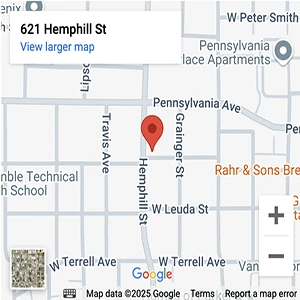Electronic Logging of Truck Drivers—Does It Prevent Accidents?
TYLER and LONGVIEW, Texas. Under the Federal Carrier Motor Safety Administration’s laws, truck drivers are required to limit their time behind the wheel to 11 hours of service. This has not changed. What has changed is the way that truck drivers are required to log these hours. Formerly, truck drivers would log their hours with paper and pencil. Today, truck drivers are required to use electronic logs. But, are they safer?

Shards of car glass on the street
The electronic logs tell drivers when it is time to take their breaks. These logs can be costly to install and maintain, but safety experts claim that they lead to greater uniformity and greater compliance when it comes to meeting hours of service standards. In the past, a driver could falsify a log. While there were certainly ways that regulators or personal injury lawyers could find out if a truck driver had falsified a log, the electronic logs are much harder to falsify.
Truck drivers complain of new challenges the strict logs raise. Truck drivers say that some rest areas are closed, and they aren’t permitted to stop on the side of the road. It can be difficult to plan a route with the kind of precision the electronic logs require. Traffic can also impact a driver’s schedule or change a planned rest stop. Hours of service laws are designed to keep sleepy drivers off the road, not necessarily to split hairs around a driver who took an extra ten minutes to safely find a rest area. Drivers who are violating other rules of the road to find a place to stop or who are stopping illegally could also be potentially causing even more problems than drivers who kept going for an extra few minutes to stop at a legal rest stop. Truckers call this “wiggle room” to find a place to stop, but regulators believe that some truckers use this to cheat on hours of service laws. Falsified logbooks were once a common occurrence.
Not anymore with electronic logging. According to Wired, electronic logging devices are not particularly “high tech.” They are essentially a USB drive that monitors a truck’s GPS location, odometer reading, engine, and location.
There is a lively debate about whether electronic logging is safer, with truckers themselves complaining that the electronic logs make it difficult for them to make reasoned decisions when it comes to scheduling stops. However, when truckers cut corners and drive beyond their hours of service limits, accidents can happen.
With electronic logs in place it is easier for victims and their families to determine whether a trucker violated hours of service laws. If a trucker was in violation, the family and victim of a truck accident may be better able to seek compensation for medical costs, lost wages, and pain and suffering damages. The Cooper Law Firm are Tyler, Texas truck accident lawyers who may be able to help you and your loved ones seek damages for your crash. At the end of the day, the laws are designed to keep everyone safe, truckers and drivers alike. Visit the Cooper Law Firm today at https://cooper-law-firm.com/ if you’ve been injured in a truck accident. Truck accident claims can sometimes be more complicated than car accident claims because of the added federal regulations truck drivers must follow.
Cooper Law Firm
501 N Third St,
Longview, TX 75601
Telephone: (903) 297-0037









